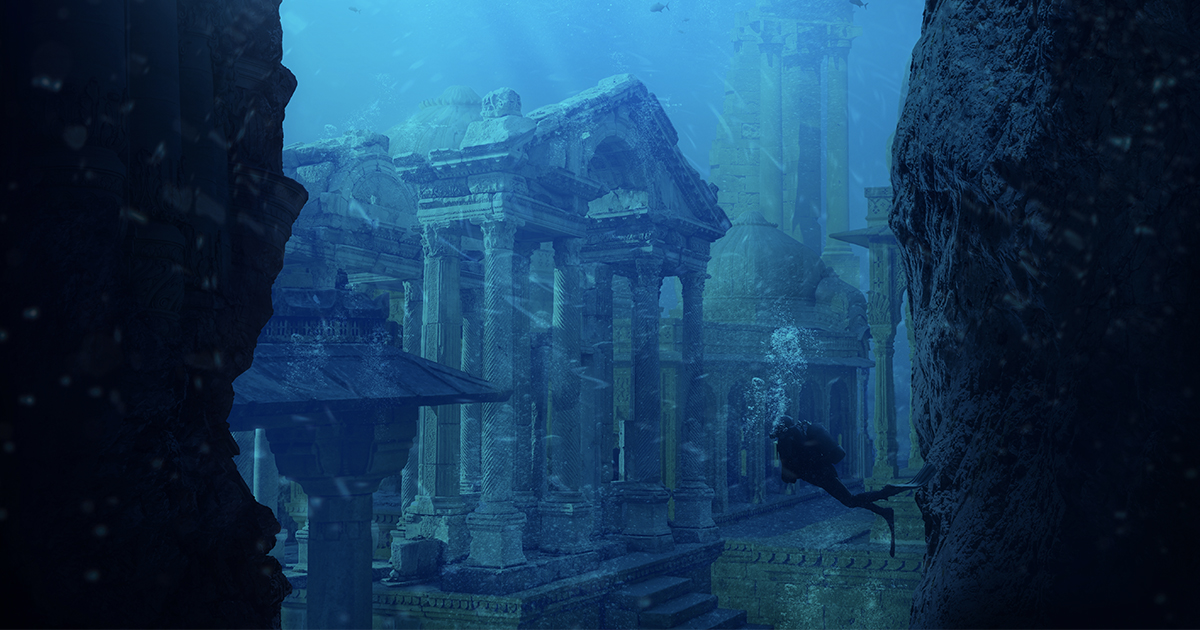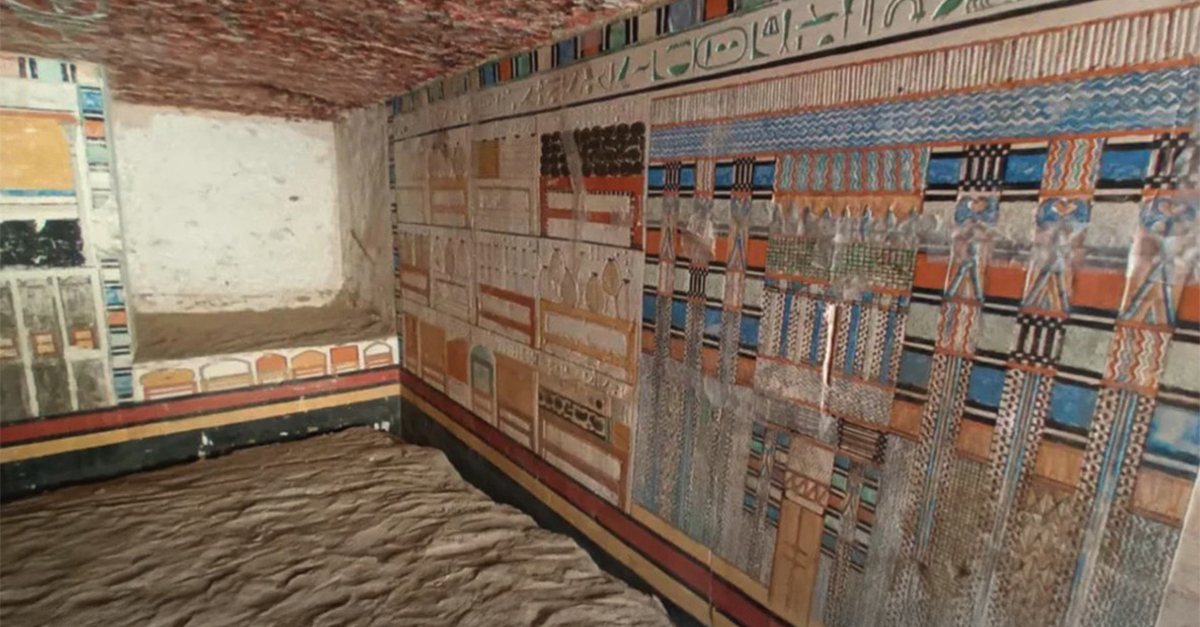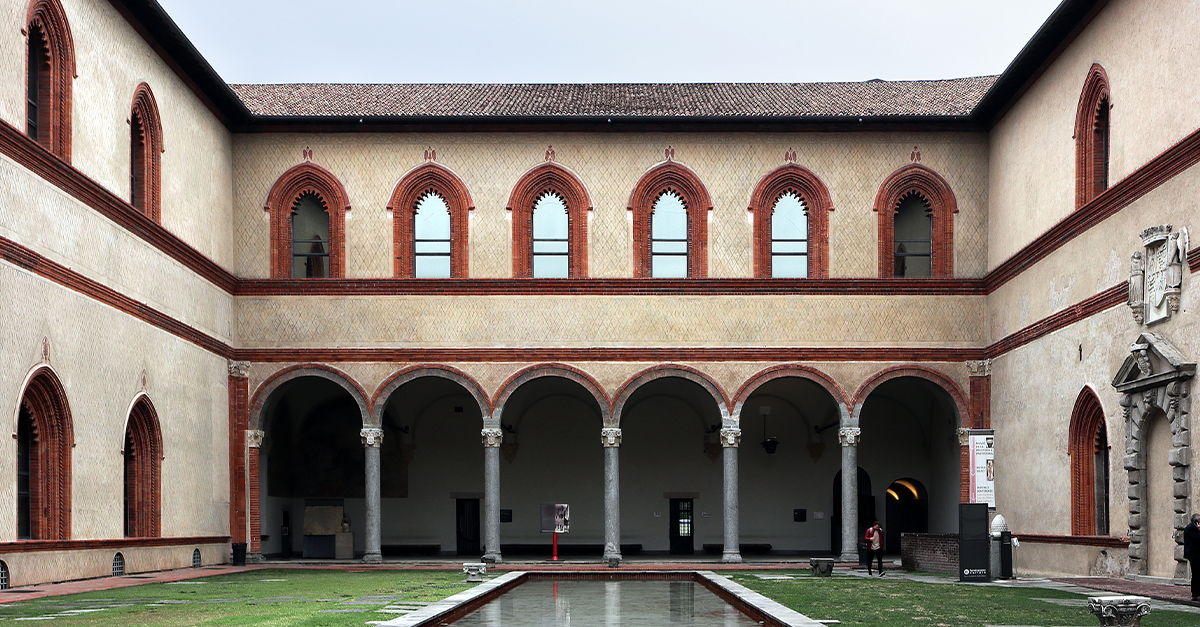Plato's Atlantis is a persistent source of intrigue and speculation in the study of lost worlds and ancient civilizations. The unknown nature of this fabled island has given rise to countless discussions among historians, archaeologists, and conspiracy theorists. This article explores 10 fascinating hypotheses that examine the plausibility of Plato's Atlantis in an attempt to solve the mystery that has baffled people for thousands of years.
Geographical Displacement
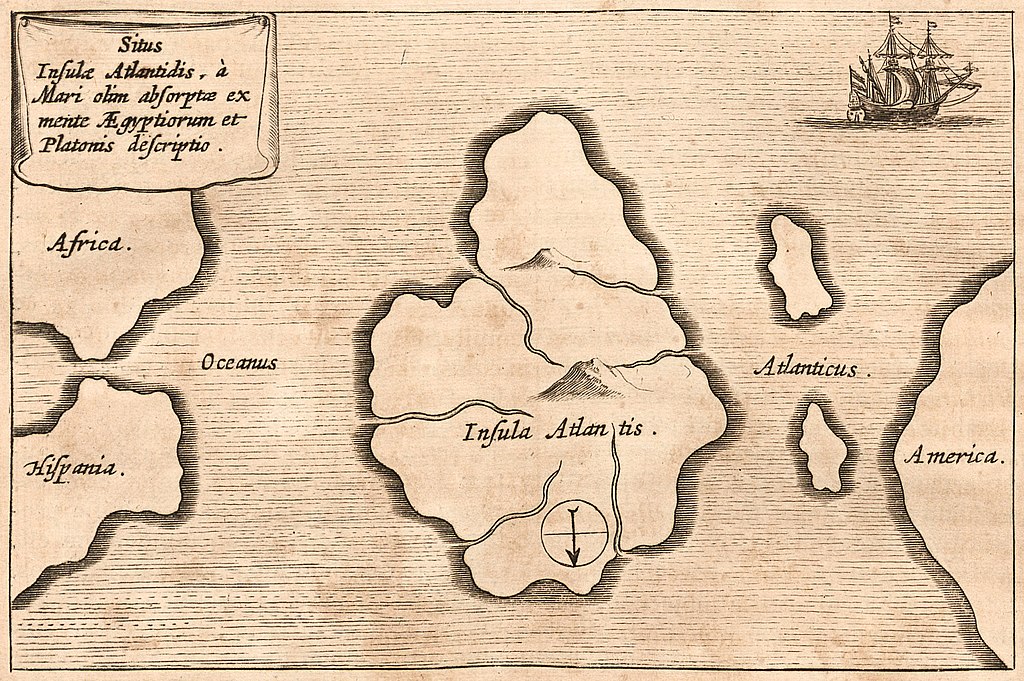 Athanasius Kircher, Wikimedia Commons
Athanasius Kircher, Wikimedia Commons
Plato's Atlantis has stimulated interest in theories regarding geographic displacement. According to philosophers, the mythical island is located beyond the Pillars of Hercules, which has some people wondering if Atlantis is just a figment of an actual civilization that exists somewhere else. In an attempt to uncover the true origins of Atlantis, this hypothesis suggests that the legend may be a lost narrative with roots linked to ancient civilizations residing outside the walls of the Pillars, overcoming the limitations of time and space. Currently, the theory points to the Mediterranean or Antarctica as two possible locations of Atlantis.
Volcanic Catastrophe
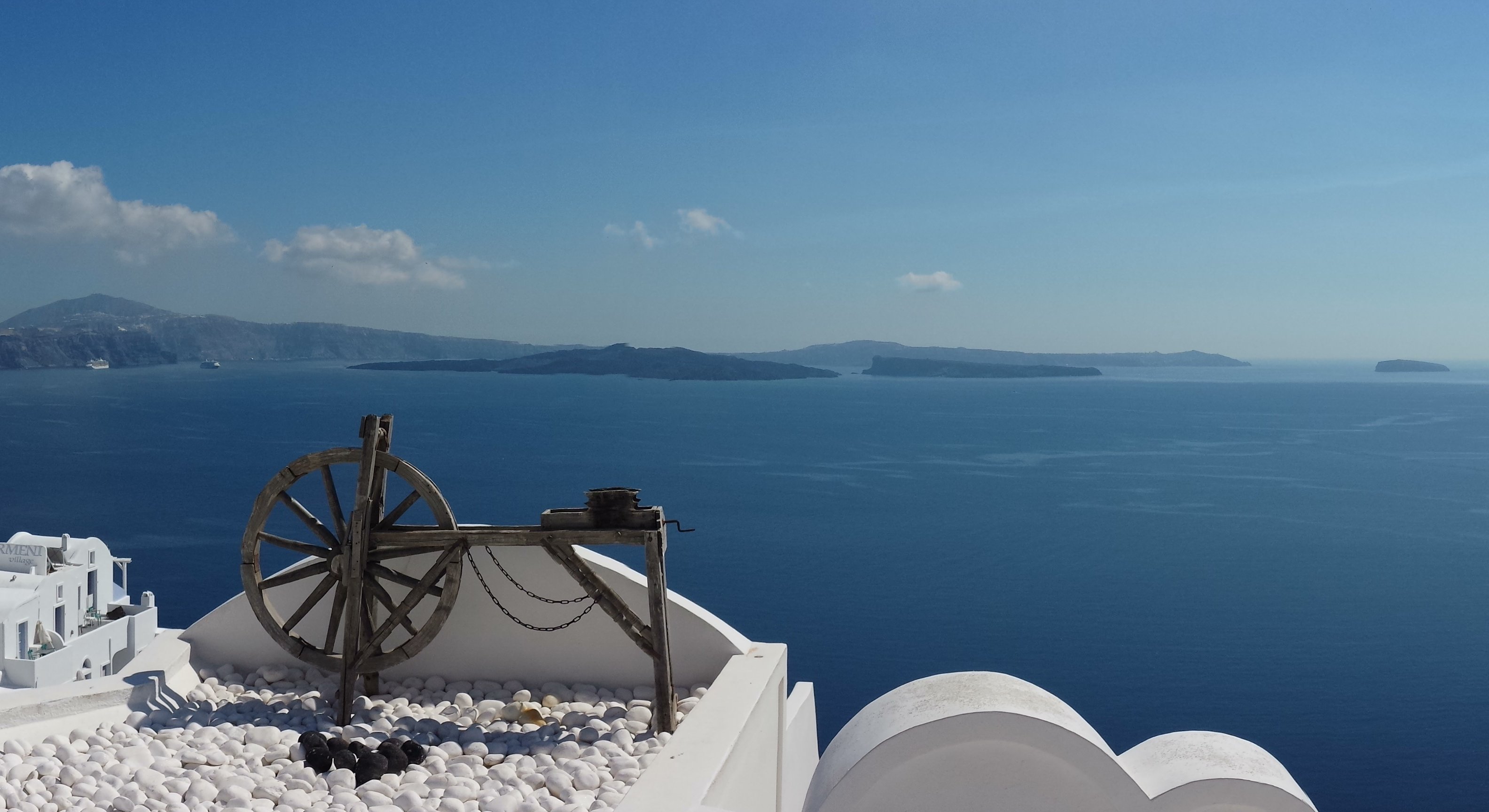 Nubifer, CC BY-SA 4.0, Wikimedia Commons
Nubifer, CC BY-SA 4.0, Wikimedia Commons
Another theory suggests the possibility of a volcanic eruption that ultimately led to the collapse of Atlantis. Supporters of this theory believe that the eruption of the Thera volcano in 1600 BCE is what Plato was referring to in his account of events. Thera's "rage" caused the Aegean to shake and produce massive tsunamis, which may have been the catalyst for Atlantis's downfall. This argument suggests that the Minoan civilization, which was based in Crete, may have been the source of inspiration for Plato's story. The volcanic disaster idea also tells a narrative in which Atlantis fell victim to the mighty forces of nature, leaving behind remnants of its existence in waves and ash.
Minoan Civilization Connection
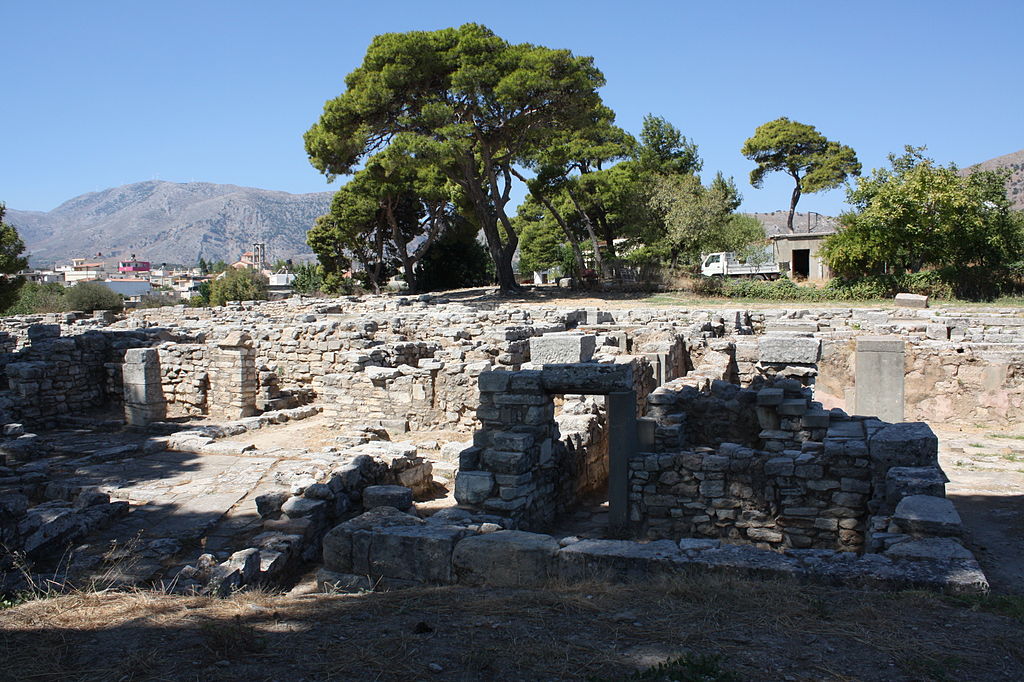 Shadowgate, CC BY 2.0, Wikimedia Commons
Shadowgate, CC BY 2.0, Wikimedia Commons
There is a fascinating relationship between Plato's Atlantis and the Minoan civilization. Proponents of this theory argue that the Atlantis story takes its roots from the Minoans, which were a Bronze Age civilization of Crete. It's possible that the volcanic eruption of Mt. Thera decimated the Minoans, which then imprinted historical elements into Plato's myth and ultimately contributed to its cultural spread. With these tidbits of actual events sprinkled into the myth, the Minoan-Atlantis link suggests a convergence of ancient societies that calls for further research and investigation.
Ancient Advanced Technology
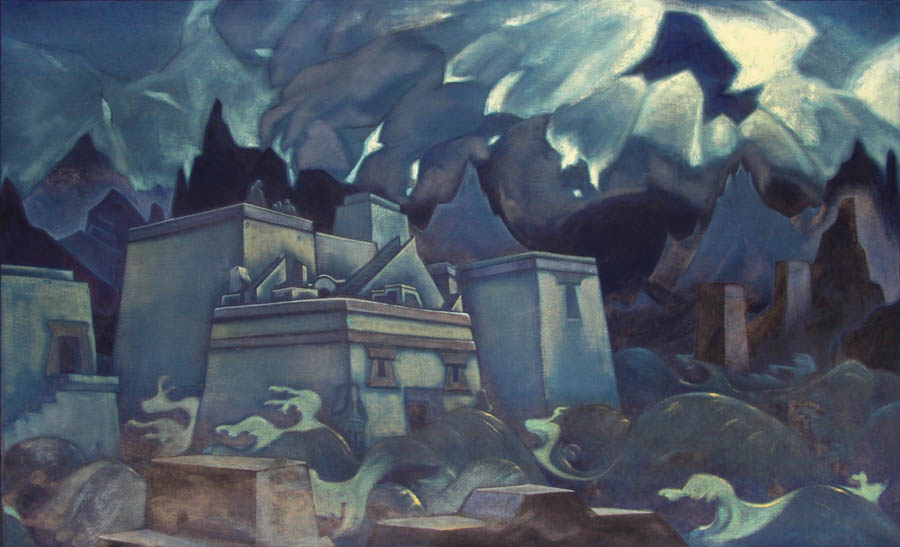 Nicholas Roerich, Wikimedia Commons
Nicholas Roerich, Wikimedia Commons
The Atlantis theory originally proposed by Plato suggests rumors of a lost civilization with exceptionally advanced technology. Atlantis is imagined to be a hub of innovation, with inventions that exceed that of the civilizations before it. Some historians speculate that Plato's Atlantis may have been home to technological marvels that were incredibly advanced for its era, from cutting-edge machinery to cryptic intelligence. However, the prospect of Atlantis developing advanced technology could be contradicted by the total wipeout of its people. Could the Atlanteans not have found a way to combat the mysterious disaster that plagued them using the advanced technology they developed?
Meteorite Impact
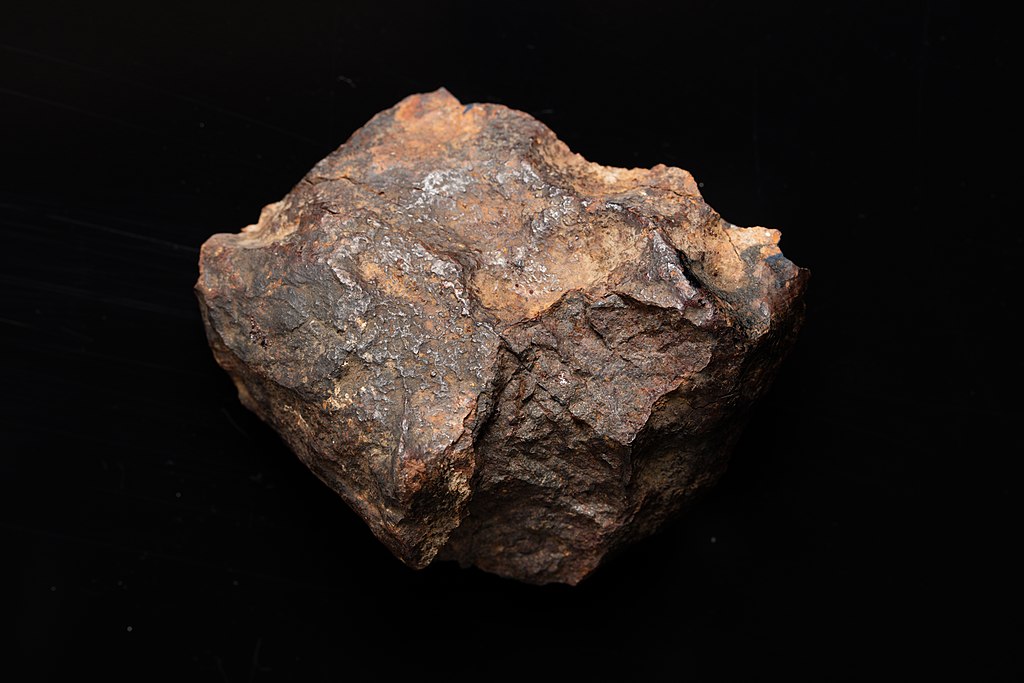 Auckland Museum Collections, CC BY 2.0, Wikimedia Commons
Auckland Museum Collections, CC BY 2.0, Wikimedia Commons
The idea that Atlantis was formed by a meteorite strike gives Plato's theory an extraterrestrial twist. Advocates say that the impact from a meteorite caused the tsunamis and environmental disruption that wiped out the island. In keeping with certain parts of Plato's stories, an impact from space could have acted as a trigger for the unexplained disappearance of a highly developed society, whose remnants are now hidden somewhere in vast, deep waters.
Sunken Landmass
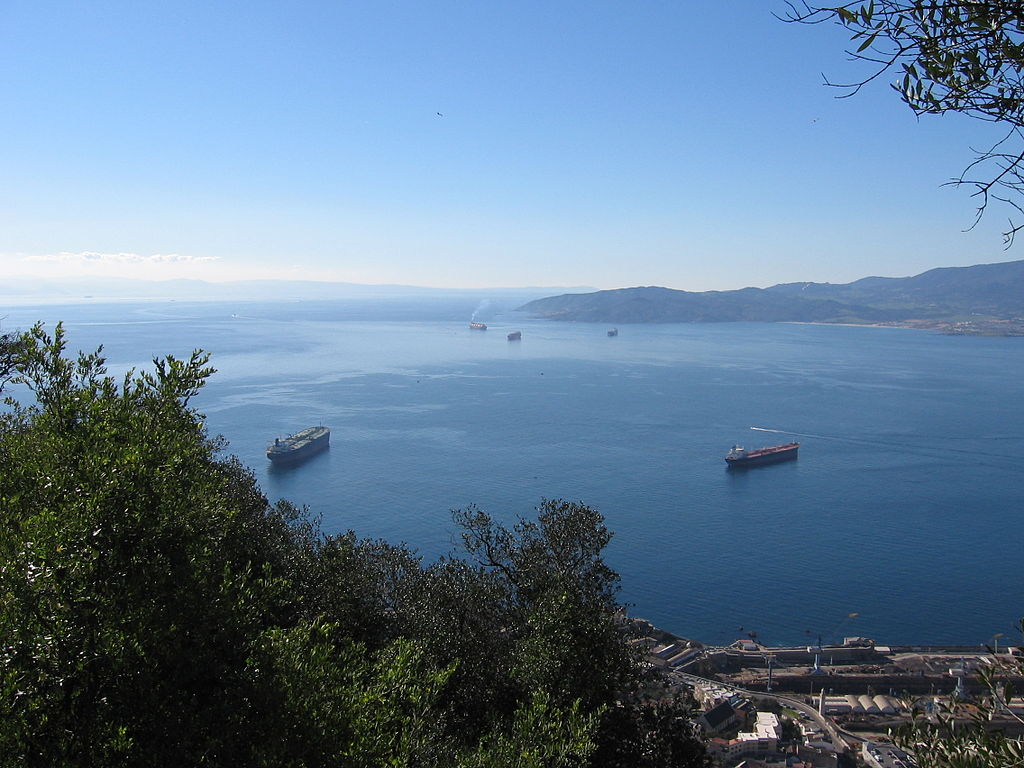 PookieFugglestein, Wikimedia Commons
PookieFugglestein, Wikimedia Commons
Yet another theory suggests the possibility of Atlantis being a submerged island lost beneath the ocean. Increasing sea levels or changes in the earth's crust may have submerged the once-dominant civilization, leaving behind ruins that could be hidden under the sea's surface just waiting to be fished out by archaeologists. Some researchers claim that the most likely location of Atlantis was in the Atlantic Ocean, lying just west of the Strait of Gibraltar.
Symbolic Allegory
Some scholars have explored the currents of idea that Plato's Atlantis is just a philosophical or allegorical story rather than a historical record. From this angle, Atlantis becomes more than just a physical society—it becomes a metaphorical warning. It's possible that Plato, who was a master of philosophical discourse, wrote the story to reveal deeper truths about the dangers of unchecked authority and human folly. Perhaps Plato simply wanted to shed light on the age-old issues of hubris and the consequences that result from exercising power without judgment.
Alien Influence
 Ricardo Liberato, CC BY-SA 2.0, Wikimedia Commons
Ricardo Liberato, CC BY-SA 2.0, Wikimedia Commons
Some theorists examine Plato's Atlantis from the viewpoint of ancient alien influence. This intriguing theory proposes that the Atlantean civilization was shaped by superior extraterrestrial technology or beings. Such alien involvement could account for the island's seeming advances in technology and enigmatic vanishing. Though this theory is farfetched and unlikely, it draws parallels to similar theories that propose alien intervention was responsible for legendary words like the Pyramids of Giza in Egypt or the Aztec ruins in Mexico.
Atlantean Outposts
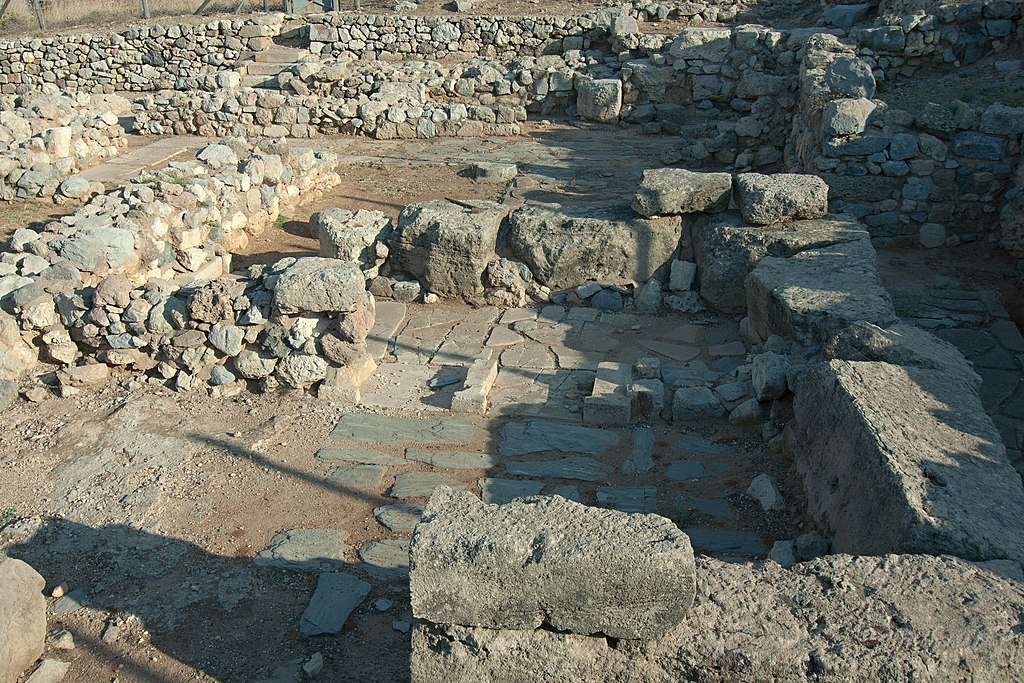 Zde, CC BY-SA 4.0, Wikimedia Commons
Zde, CC BY-SA 4.0, Wikimedia Commons
The theory of Atlantean outposts contests the idea of one great empire. It contends that Atlantis was a network of scattered settlements or outposts in many locations, each of which contributed to the Atlantean identity. This argument proposes that these dispersed communities could be the cause of differences in stories regarding Atlantis and potential archaeological finds. The intricate web of connected communities raises the exciting possibility that traces of Atlantean influence could be found in unexpected places within the archeological record.
Time Travel Anomalies
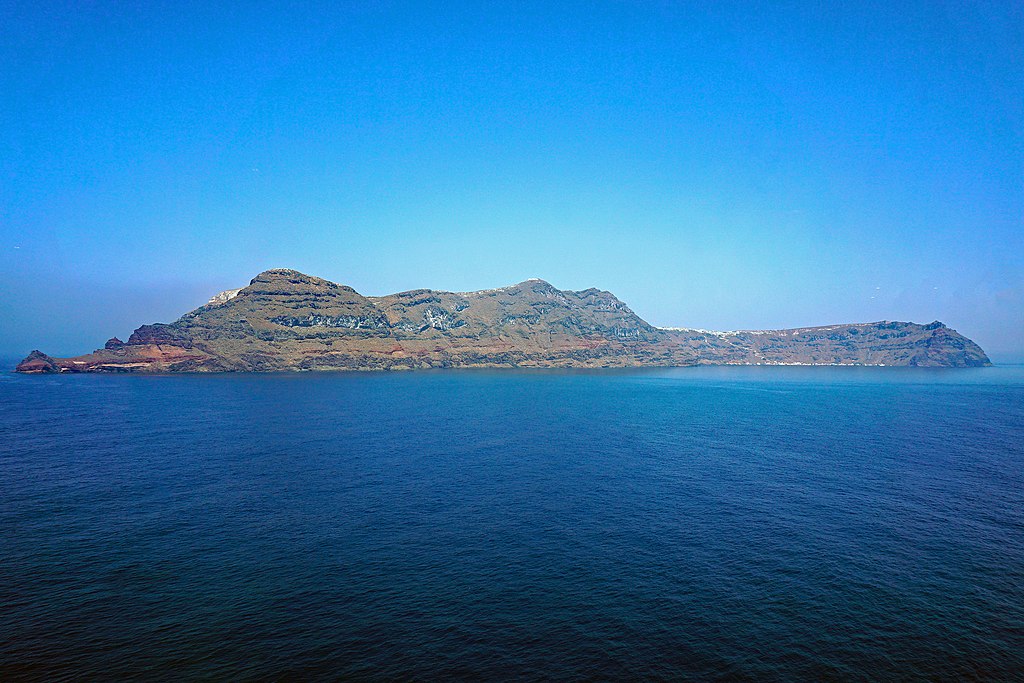 Mariordo, CC BY-SA 4.0, Wikimedia Commons
Mariordo, CC BY-SA 4.0, Wikimedia Commons
A fringe idea venturing into the realms of science fiction suggests an association between time travel anomalies and Plato's Atlantis. It is unknown whether Atlantis is a myth or science fiction due to its possible presence in a parallel timeline or temporal instabilities. According to the theory, the intricate details of the island could be entwined with alternate worlds in which the passage of time creates a series of anomalies. The concept of time travel anomalies adds a bizarre dimension to the age-old mystery of Atlantis and encourages inquiry beyond the conventional scope of historical study.

